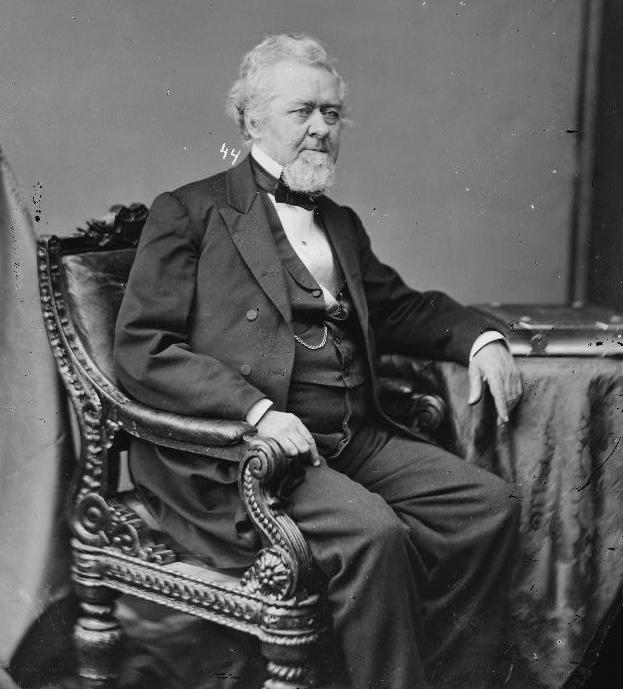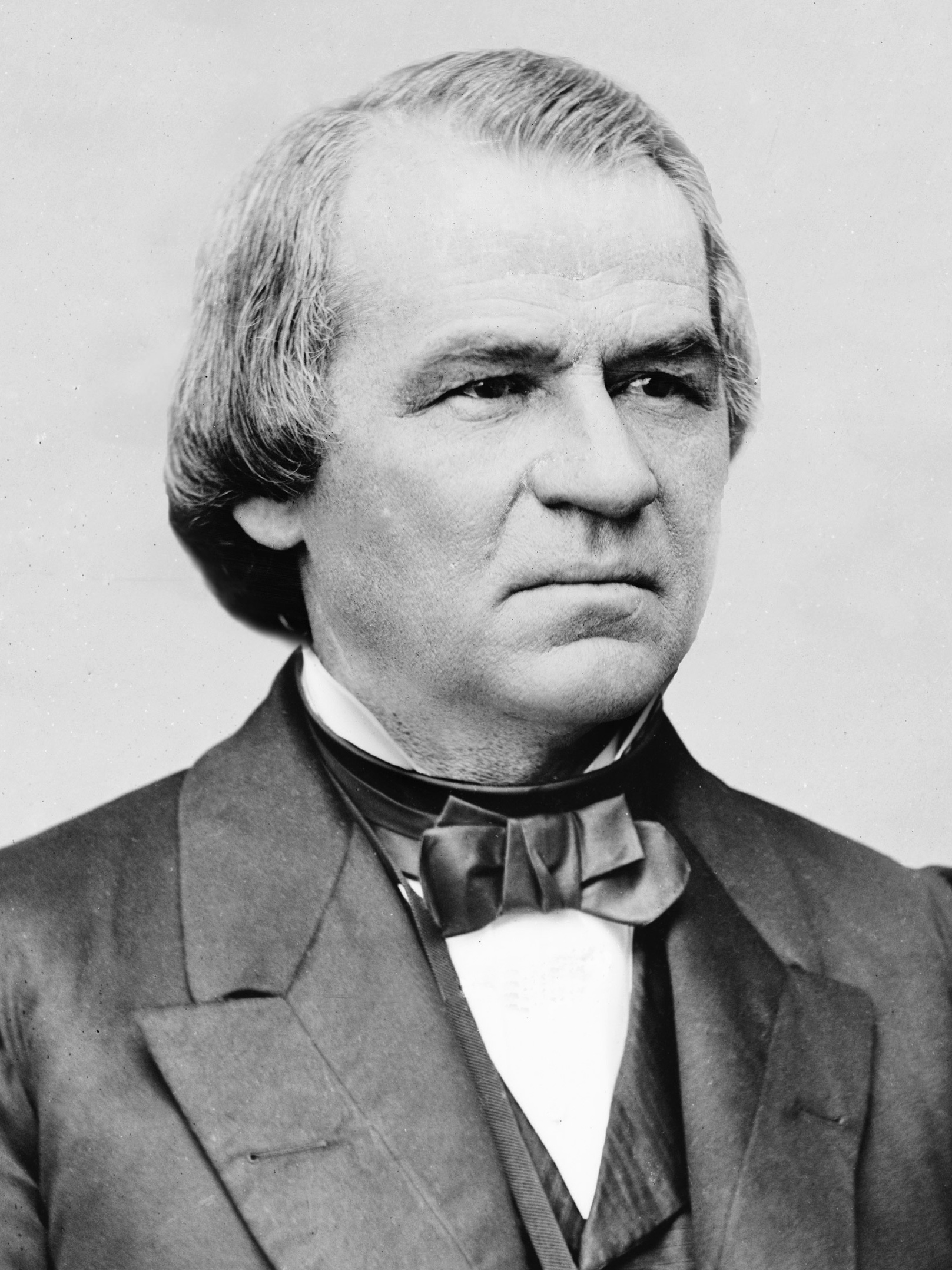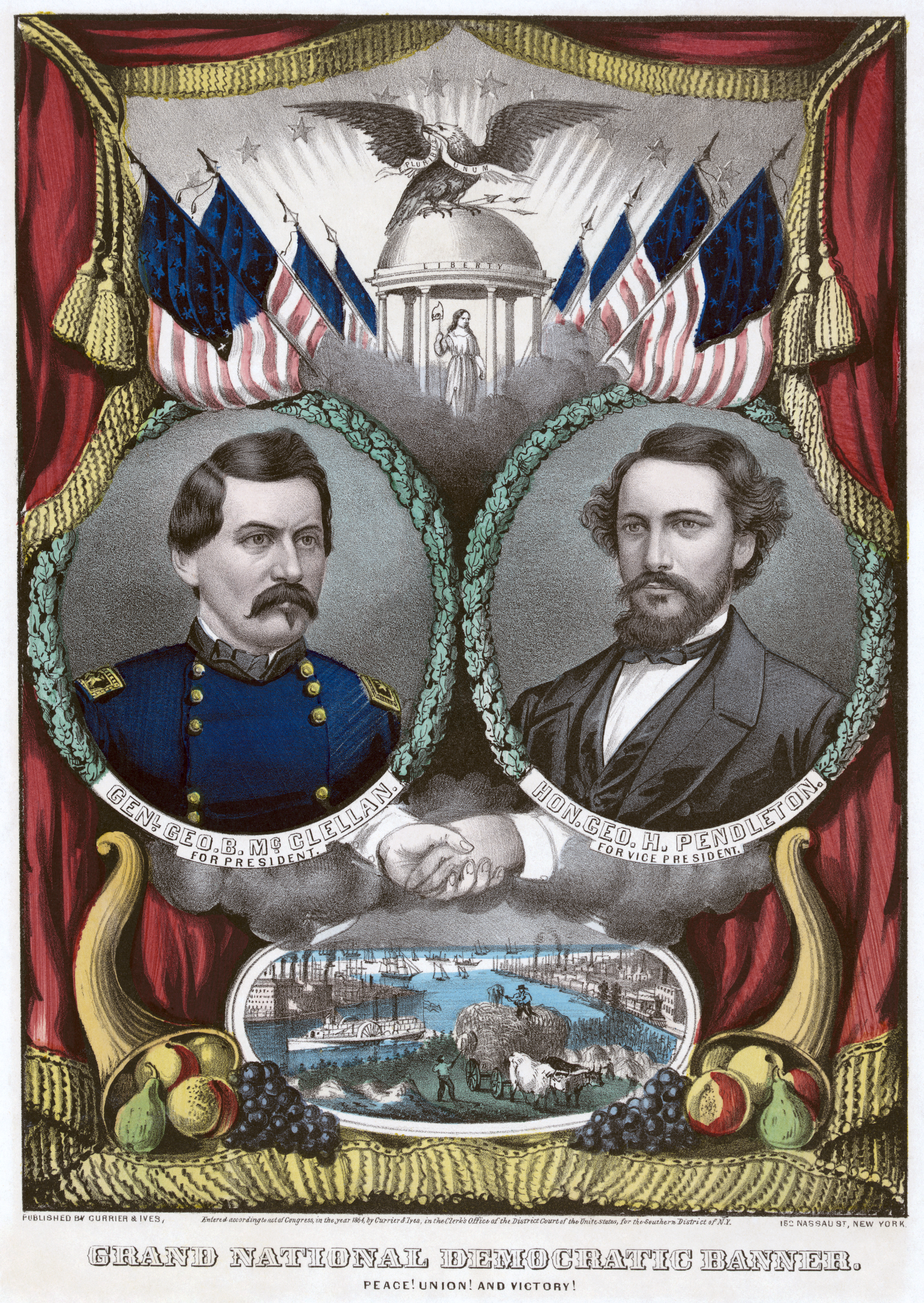|
Samuel S. Marshall
Samuel Scott Marshall (March 12, 1821 – July 26, 1890) was an American politician and attorney who served a total of seven terms as a U.S. representative from Illinois. He was a member of the Democratic Party. Early life and education Born near Shawneetown, Illinois, Marshall attended public and private schools in McLeansboro, Illinois, and Cumberland College in Kentucky. He studied law, was admitted to the bar in 1845, and commenced practice in McLeansboro. Political career Marshall served as member of the Illinois House of Representatives in 1846 and 1847. He then served as State's Attorney for the third judicial circuit of Illinois in 1847 and 1848, and as an Illinois circuit court judge from 1851 until 1854. First tenure in the U.S. House of Representatives (1855–1859) Marshall was elected as a Democrat to the 34th and 35th United States Congresses, serving consecutively from 1855 to 1859. He served as chairman of the Committee on Claims during the 35th Congress. 18 ... [...More Info...] [...Related Items...] OR: [Wikipedia] [Google] [Baidu] [Amazon] |
United States House Of Representatives
The United States House of Representatives is a chamber of the Bicameralism, bicameral United States Congress; it is the lower house, with the U.S. Senate being the upper house. Together, the House and Senate have the authority under Article One of the United States Constitution, Article One of the Constitution of the United States, U.S. Constitution to pass or defeat federal legislation, known as Bill (United States Congress), bills. Those that are also passed by the Senate are sent to President of the United States, the president for signature or veto. The House's exclusive powers include initiating all revenue bills, Impeachment in the United States, impeaching federal officers, and Contingent election, electing the president if no candidate receives a majority of votes in the United States Electoral College, Electoral College. Members of the House serve a Fixed-term election, fixed term of two years, with each seat up for election before the start of the next Congress. ... [...More Info...] [...Related Items...] OR: [Wikipedia] [Google] [Baidu] [Amazon] |
Incumbent
The incumbent is the current holder of an office or position. In an election, the incumbent is the person holding or acting in the position that is up for election, regardless of whether they are seeking re-election. There may or may not be an incumbent on the ballot: the previous holder may have died, retired, resigned; they may not seek re-election, be barred from re-election due to term limits, or a new electoral division or position may have been created, at which point the office or position is regarded as vacant or open. In the United States, an election without an incumbent on the ballot is an open seat or open contest. Etymology The word "incumbent" is derived from the Latin verb ''incumbere'', literally meaning "to lean or lay upon" with the present participle stem ''incumbent-'', "leaning a variant of ''encumber,''''OED'' (1989), p. 834 while encumber is derived from the root ''cumber'', most appropriately defined: "To occupy obstructively or inconveniently; to b ... [...More Info...] [...Related Items...] OR: [Wikipedia] [Google] [Baidu] [Amazon] |
Impeachment Inquiry
An impeachment investigation (also known as an "impeachment inquiry") is an investigation or inquiry which takes place in relation to an impeachment or potential impeachment. In some governments, such as Ireland, Singapore, and Turkey, impeachment investigations take place after an impeachment vote. In other governments, impeachment investigations precede a potential impeachment vote. In Hong Kong, a formal impeachment investigation is required before the Legislative Council can hold a vote on whether to impeach the chief executive of Hong Kong. In the United States, where impeachment-related investigations are commonly called "impeachment inquiries", they are not a required part of the impeachment process. However, when impeachment-related investigations are conducted in the United States, they usually precede a potential impeachment vote, with the investigations resulting in a recommendation as to whether an impeachment should take place. Hong Kong In the process by which the Leg ... [...More Info...] [...Related Items...] OR: [Wikipedia] [Google] [Baidu] [Amazon] |
First Impeachment Inquiry Against Andrew Johnson
The first impeachment inquiry against Andrew Johnson was launched by a vote of the United States House of Representatives on January 7, 1867, to investigate the potential impeachment of the President of the United States, Andrew Johnson. It was run by the House Committee on the Judiciary. The vote authorizing the inquiry was viewed as giving Republicans an opportunity to register their disdain for Johnson without formally impeaching him. Most congressmen had expected that the sentiments in House Committee on the Judiciary would side against impeachment. However, surprising many, the committee voted 5–4 on November 25, 1867, to recommend impeachment (after having held a preliminary vote against it months prior). Despite this recommendation, the House voted 57–108 on December 7, 1867, against impeaching Johnson, with more Republicans voting against impeachment than for it. This impeachment inquiry preceded the second impeachment inquiry into Andrew Johnson (launched in Jan ... [...More Info...] [...Related Items...] OR: [Wikipedia] [Google] [Baidu] [Amazon] |
House Committee On The Judiciary
The U.S. House Committee on the Judiciary, also called the House Judiciary Committee, is a standing committee of the United States House of Representatives. It is charged with overseeing the administration of justice within the federal courts, federal administrative agencies, and federal law enforcement entities. The Judiciary Committee is often involved in the impeachment process against federal officials. Because of the legal nature of its oversight, committee members usually have a legal background, but this is not required. In the 119th Congress, the chairman of the committee is Republican Jim Jordan of Ohio, and the ranking minority member is Democrat Jamie Raskin of Maryland. History The committee was created on June 3, 1813, for the purpose of considering legislation related to the judicial system. This committee approved impeachment resolutions/ articles of impeachment against presidents in four instances: against Andrew Johnson ( in 1867), Richard Nixon ( in ... [...More Info...] [...Related Items...] OR: [Wikipedia] [Google] [Baidu] [Amazon] |
40th United States Congress
The 40th United States Congress was a meeting of the legislative branch of the United States federal government, consisting of the United States Senate and the United States House of Representatives. It met in Washington, D.C. from March 4, 1867, to March 4, 1869, during the third and fourth years of Andrew Johnson's Presidency of Andrew Johnson, presidency. The apportionment of seats in the United States House of Representatives, House of Representatives was based on the 1860 United States census. Both chambers had a Republican Party (United States), Republican majority. In the Senate, the Republicans had the largest majority a party has ever held. This Congress was held during the Reconstruction era after the Civil War and U.S. President Abraham Lincoln's assassination. Arkansas, Florida, Alabama, North Carolina, Louisiana, and South Carolina were readmitted to representation in both the Senate and the House. Georgia was readmitted with representation in the House only. The Repu ... [...More Info...] [...Related Items...] OR: [Wikipedia] [Google] [Baidu] [Amazon] |
1866 National Union Convention
The National Union Convention (also known as the Loyalist Convention, the Southern Loyalist Convention, the National Loyalists' Loyal Union Convention, or the Arm-In-Arm Convention) was held on August 14–16, 1866, in Philadelphia, Pennsylvania. Convention The convention was called in Philadelphia before the midterm elections of 1866, in an attempt to encourage political support for US President Andrew Johnson, who was under attack by both moderate and Radical Republicans. Johnson's friends tried to rally support for his lenient pro-South Reconstruction policies. Some hoped to create a new political party, but that goal was not realized. For their part, Republican-aligned newspapers called it the ''Rebel–Johnson convention'', insinuating Johnson's true loyalty was to the Confederacy. Delegates gathered at a hastily built temporary structure that was designed to accommodate the several thousand people expected to attend. Formally called "the Wigwam," the immense edifice was on ... [...More Info...] [...Related Items...] OR: [Wikipedia] [Google] [Baidu] [Amazon] |
Redistricting
Redistricting in the United States is the process of drawing electoral district boundaries. For the United States House of Representatives, and state legislatures, redistricting occurs after each ten-year census. The U.S. Constitution in Article 1, Section 2, Clause 3 provides for proportional representation in the House of Representatives. The Reapportionment Act of 1929 required that the number of seats in the U.S. House of Representatives be kept at a constant 435, and a 1941 act made the reapportionment among the states by population automatic after every decennial census. Reapportionment occurs at the federal level followed by redistricting at the state level. According to , Article I, Section 4 left to the legislature of each state the authority to establish congressional districts; however, such decisions are subject to judicial review. In most states redistricting is subject to political maneuvering, but some state legislatures have created independent commissions. ... [...More Info...] [...Related Items...] OR: [Wikipedia] [Google] [Baidu] [Amazon] |
1867 Speaker Of The United States House Of Representatives Election
There were only 354 days this year in the newly purchased territory of Alaska. When the territory transferred from the Russian Empire to the United States, the calendric transition from the Julian to the Gregorian Calendar was made with only 11 days instead of 12 during the 19th century. This change was made due to the territorial and geopolitical shift from the Asian to the American side of the International Date Line. Friday, 6 October 1867 ''(Julian Calendar)'' was followed by Friday again on 18 October 1867 (instead of Saturday, 19 October 1867 in the Gregorian Calendar). Events January * January 1 – The Covington–Cincinnati Suspension Bridge opens between Cincinnati, Ohio, and Covington, Kentucky, in the United States, becoming the longest single-span bridge in the world. It was renamed after its designer, John A. Roebling, in 1983. * January 8 – African-American men are granted the right to vote in the District of Columbia. * January 11 – Benito Juárez be ... [...More Info...] [...Related Items...] OR: [Wikipedia] [Google] [Baidu] [Amazon] |
Speaker Of The United States House Of Representatives
The speaker of the United States House of Representatives, commonly known as the speaker of the House or House speaker, is the Speaker (politics), presiding officer of the United States House of Representatives, the lower chamber of the United States Congress. The office was established in 1789 by Article One of the United States Constitution#Section 2: House of Representatives, Article I, Section II, of the U.S. Constitution. By custom and House rules, the speaker is the political and parliamentary leader of the House and is simultaneously its presiding officer, ''de facto'' Party leaders of the United States House of Representatives, leader of the body's majority party, and the institution's administrative head. Speakers also perform various other administrative and procedural functions. Given these many roles and responsibilities, the speaker usually does not personally preside over debatesthat duty is instead delegated to members of the House from the majority partynor regul ... [...More Info...] [...Related Items...] OR: [Wikipedia] [Google] [Baidu] [Amazon] |
39th United States Congress
The 39th United States Congress was a meeting of the legislative branch of the United States federal government, consisting of the United States Senate and the United States House of Representatives. It met in Washington, D.C., from March 4, 1865, to March 4, 1867, during Abraham Lincoln's final month as president, and the first two years of the administration of his successor, Andrew Johnson. The apportionment of seats in this House of Representatives was based on the 1860 United States census. Both chambers had a Republican majority. Major events * March 4, 1865: Second inauguration of President Abraham Lincoln. * April 9, 1865: Surrender of Confederate forces at Appomattox Court House, effectively ending the American Civil War * April 15, 1865: Assassination of President Abraham Lincoln, Vice President Andrew Johnson became President of the United States * December 11, 1865: Creation of the House Appropriations Committee and the House Banking and Commerce Committee, red ... [...More Info...] [...Related Items...] OR: [Wikipedia] [Google] [Baidu] [Amazon] |
1864 Democratic National Convention
The 1864 Democratic National Convention was held at The Amphitheatre in Chicago, Illinois, United States. The Convention nominated Major General George B. McClellan from New Jersey for president, and Representative George H. Pendleton of Ohio for vice president. McClellan, age 37 at the time of the convention, and Pendleton, age 39, are the youngest major party presidential ticket ever nominated in the United States. Background The Democratic Party was bitterly split over the American Civil War between the War Democrats and the Peace Democrats. Also making matters complicated were the factions that existed among the Peace Democrats. For much of the war they had been dominated by the Copperheads, led by Clement Vallandigham. The Copperheads declared the war to be a failure and favored an immediate end to hostilities without securing Union victory, either via re-admitting all the Confederate states with slavery intact and legally protected, or by formally recognizing the Conf ... [...More Info...] [...Related Items...] OR: [Wikipedia] [Google] [Baidu] [Amazon] |





